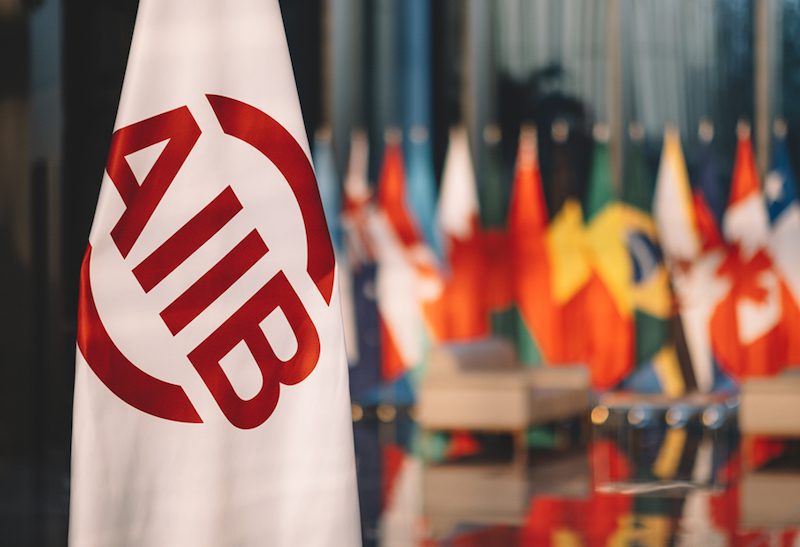
Matteo Giovannini, Senior Finance Manager at Industrial and Commercial Bank of China
Jan 30, 2026
China’s creation and evolution of the Asian Infrastructure Investment Bank illustrates a strategy of shaping, rather than overturning, the global financial order by working within multilateral norms while highlighting the limits of existing development institutions. The AIIB’s growth, governance practices, and partnerships show how China is advancing influence through institutional participation and reform by example, underscoring both the opportunities for engagement and the risks of exclusion for the United States in an increasingly multipolar financial system.
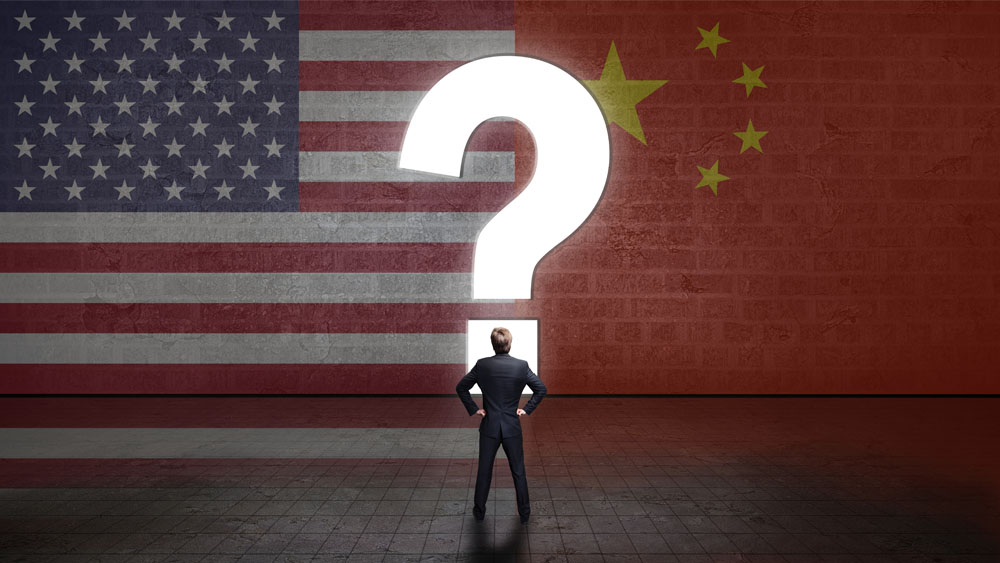
Zeno Leoni, Lecturer in the Defence Studies Department, Affiliate of the Lau China Institute
Nov 03, 2025
China’s grand strategy is defined by a deliberate balance between integration into the global economic system and resistance to its Western-led constraints. It employs strategic ambiguity and selective engagement to expand influence, preserve flexibility, and avoid confrontation that could jeopardize its modernization.

Dan Steinbock, Founder, Difference Group
Oct 24, 2025
The fragile ceasefire in Gaza reflects accelerating recalibration in the Middle East, as U.S. military maneuvers are giving way to economic development promoted by the Arab states, China and the Global South.
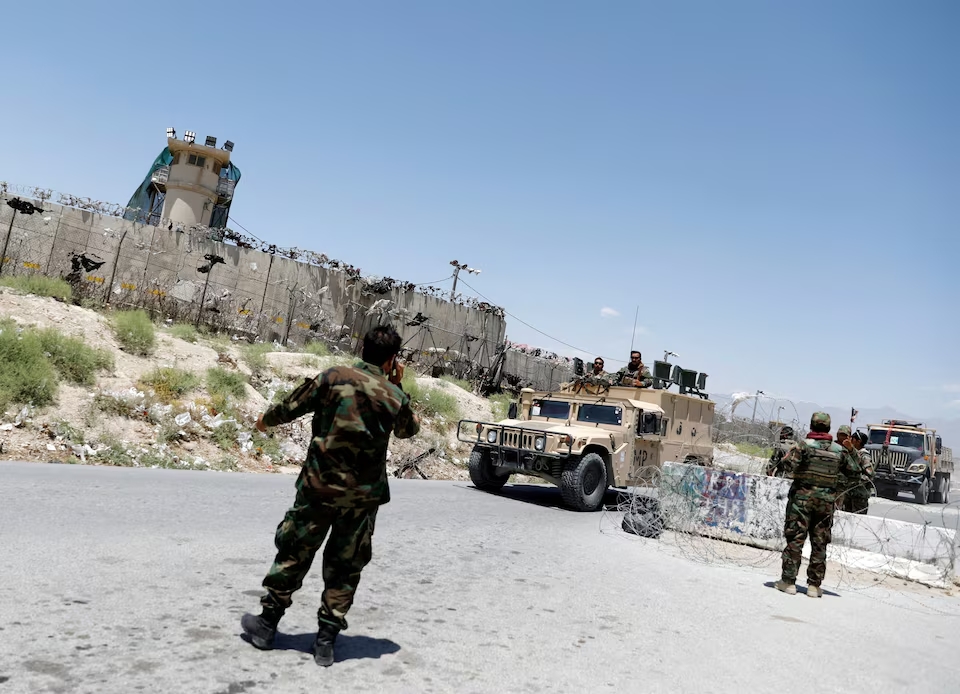
Sujit Kumar Datta, Former Chairman of Department of International Relations, University of Chittagong, Bangladesh
Oct 10, 2025
America’s Afghan pullout was a strategic debacle. Going back to Bagram Air Base would only sink the U.S. into another costly, divisive and failure-prone intervention in a geo-economic war at the center of Asia.
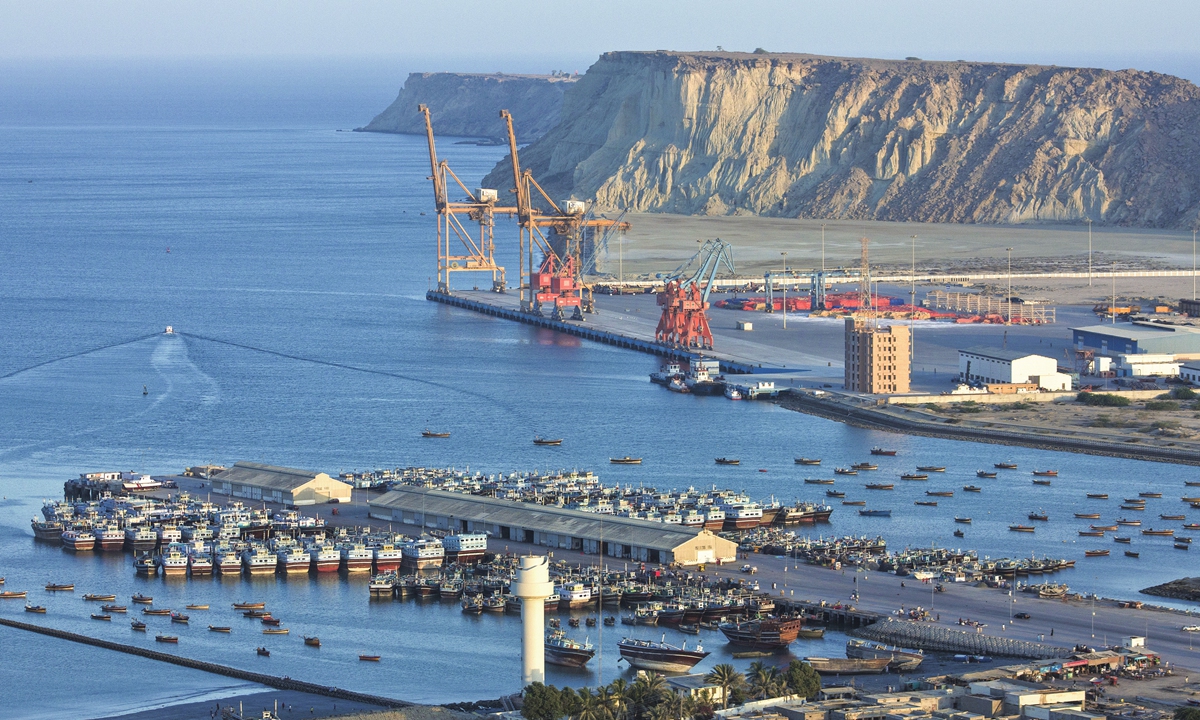
Sajjad Ashraf, Former Adjunct Professor, National University of Singapore
May 02, 2025
Ten years after its launch, the China-Pakistan Economic Corridor (CPEC) has underperformed, with many key projects stalled due to Pakistan's political mismanagement and inefficiencies. While China continues to support the initiative diplomatically, its future success depends on Pakistan’s ability to implement strategic reforms and restore investor confidence.
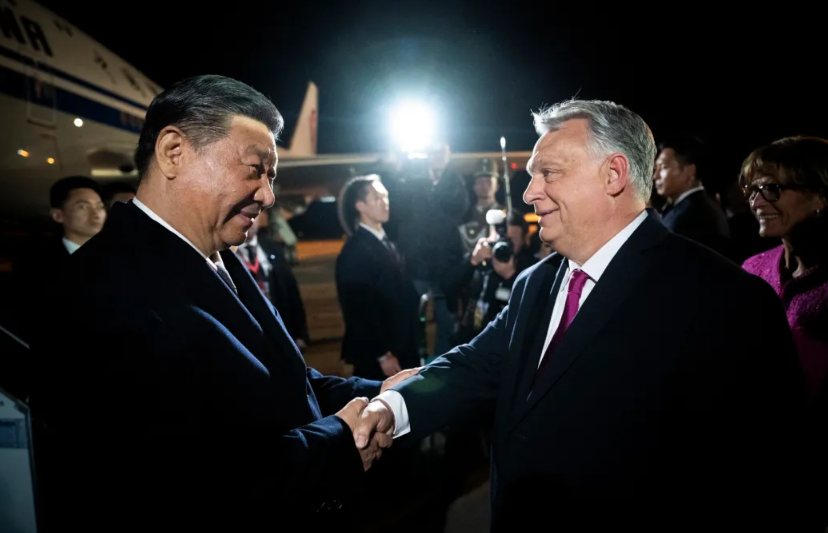
Vasilis Trigkas, Visiting Assistant Professor, Schwarzman College, Tsinghua University
Jun 07, 2024
Hungary's strategic partnership with China represents a bold pivot aimed at enhancing its geopolitical and economic standing amidst an era of great power competition. But to safeguard itself from geopolitical storms Hungary aims to work within the EU and punch above its weight to catalyze European strategic autonomy.
Nicola Casarini, Senior Fellow, Istituto Affari Internazionali
Feb 26, 2024
China’s connectivity project is being reconfigured across the old continent. Western and Eastern Europe are increasingly divided regarding the Belt and Road’s infrastructure projects and investments – yet, Europe as a whole is welcoming monetary connectivity with China and wider adoption of the renminbi.
Sebastian Contin Trillo-Figueroa, Geopolitics Analyst in EU-Asia Relations and AsiaGlobal Fellow, The University of Hong Kong
Dec 21, 2023
The EU’s attempt to lead global infrastructure development has been costly, but still lags behind America and China’s investment programs. Europe needs to make significant changes to catch up to the world’s leading powers.
Lucio Blanco Pitlo III, President of Philippine Association for Chinese Studies, and Research Fellow at Asia-Pacific Pathways to Progress Foundation
Nov 02, 2023
The Jakarta-Bandung High-Speed Railway is a milestone project under China's Belt and Road Initiative (BRI). This project reflects China's emphasis on history and neighborhood diplomacy, underlining its role as a leader in the Global South. Additionally, there are challenges alternative initiatives face in competing with China's vast infrastructure endeavors, as Beijing prioritizes economics and geopolitics in its approach.
Wang Yiwei, Jean Monnet Chair Professor, Renmin University of China
Oct 20, 2023
China pioneered the Belt and Road Initiative, but others have followed its lead. The BRI has been hailed as the largest international cooperation platform producing the most popular public benefits in the world today.
Back to Top

- China-US Focus builds trust and understanding between the U.S. and China through open dialogue among thought leaders.
- Our Offerings
- Topics
- Videos
- Podcasts
- Columnists
- Research Reports
- Focus Digest
- Stay Connected
-
Thanks for signing up!
- Get the latest stories from China-US Focus weekly.